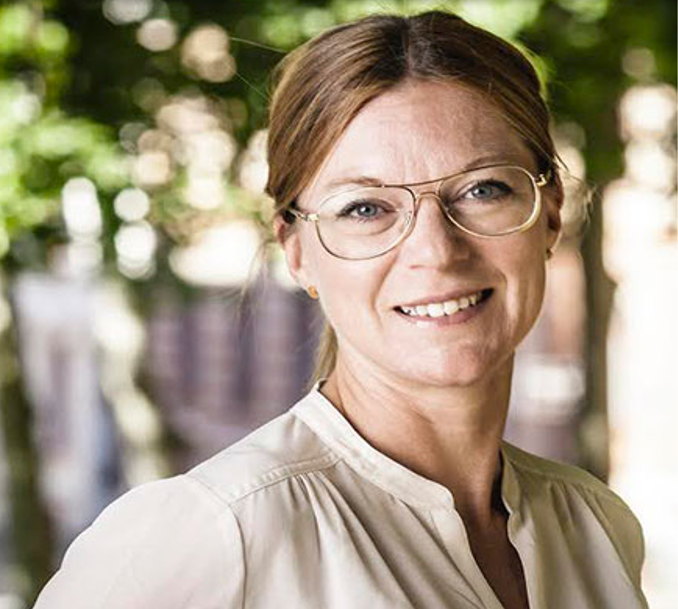FERRING CORPORATE
SELECT COUNTRY

Helping mums-to-be through microbiome research

Ferring is collaborating with Sweden-based MetaboGen, a research-driven company with a focus on the microbiome and its impact on health, to develop products to treat ICP. We caught up with Sara Malcus, CEO of MetaboGen, to find out more about the research and development collaboration, the microbiome and her personal commitment to improving maternal health.
Tell us a bit about yourself
Sara: I’ve been working with start-up companies and early pharma or medical projects for the past ten years. Before that, I completed a PhD in immunology and inflammation medicine. That’s where I became interested in applying my medical knowledge to product development.
How long have you been involved in microbiome research?
Sara: I’ve been working on the microbiome for almost a decade now. I have the pleasure of working closely with two of the early pioneers of the microbiome field, Professor Fredrik Bäckhed and Professor Jens Nielsen. Ten years ago, not many people believed in the significance of the microbiome and its impact on human health and disease. However, over the past decade there’s been a significant shift in people’s attitudes. It’s fantastic – suddenly people are paying attention to the microbiome, more and more scientists are wanting to work in the area, and the industry is coming on board as well.
Why focus on the microbiome in pregnancy?
Sara: The microbiome is best known in the context of the gut, and most studies to date have been on this area. But the microbiome is not just about gut health, it’s much broader than that. For instance, the skin has its own microbiome, as does the lung, the vagina, and the uterus. There are so many potential applications and connections between the various microbiomes in the body and different health conditions. As a company, we were looking to find our niche in the microbiome area, and that quickly became pregnancy and obstetrics. That’s where our collaboration with Ferring comes in. Together we want to develop an effective treatment that can improve both quality of life and quality of treatment for patients with ICP, which is a little known but potentially serious condition.
What are the symptoms and complications of ICP?
Sara: The main symptom of ICP is itching, which can be intense and very uncomfortable for the mother. It’s also a recurrent condition, and actually up to 70% of women who have been diagnosed with ICP during their first pregnancy will be affected again in following pregnancies. There are also links between ICP, preterm birth and gestational diabetes.
What motivates you to work in this area?
Sara: For a start, the science is so fascinating. The possibility of finding new solutions for little understood, transitory conditions such as ICP is extremely motivating from both a scientific perspective and a personal perspective. Knowing that your work could help both mother and child – what better motivation?
I’m also a mother of two daughters, and my father is an obstetrician, so pregnancy, pregnancy-related conditions and preterm birth were subjects that were frequently discussed around the dinner table!
Learn more about the microbiome and Ferring’s work in this area in our infographic: Exploring the secrets of the microbiome